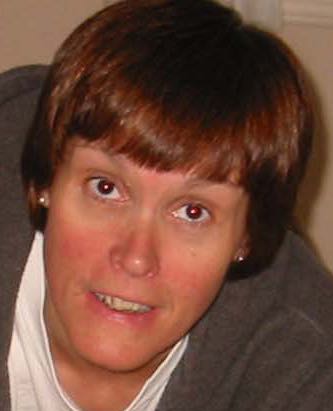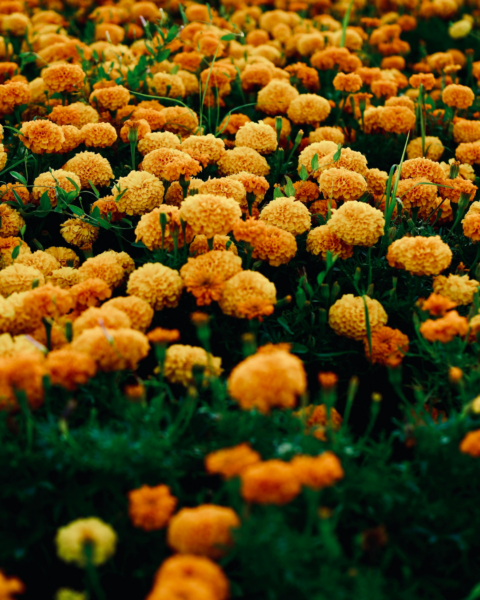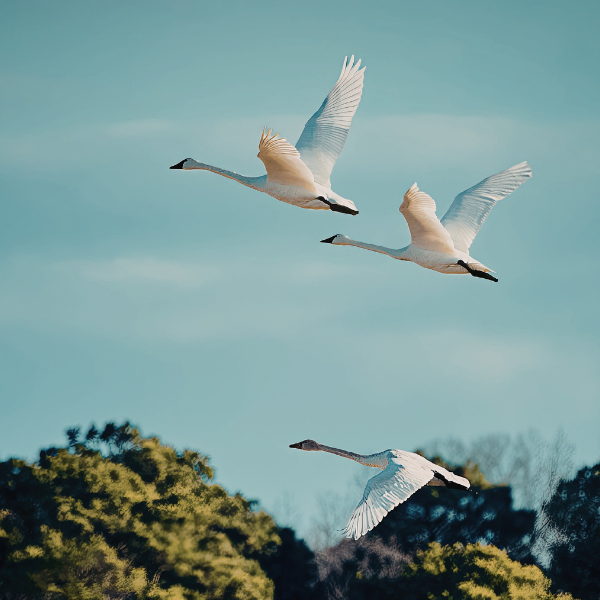I am delighted to share another beautiful submission to the Monk in the World guest post. Read on for Liz Hill’s reflection “It’s All About the Listening.”
At a goodbye gathering for a friend who was moving to be closer to family, I talked to the son who was helping to pack her things. The task of deciding what to keep and what to discard was taking much longer than he’d anticipated.
“She wants to tell me the story behind every little thing,” he lamented.
I understood his dilemma. In my own experience with downsizing and moving, I have learned one very important lesson: it’s not about the packing, it’s about the listening.
Unearthing and sorting our accumulated mementoes and possessions is like watching a documentary of our lives. And not just our own lives; if we have stored items from parents, siblings, or grandparents, not to mention the things our children left behind, it can begin to feel like the “cast of thousands” in the Biblical movies of Cecil B. DeMille.
Entire books have been written on methods to approach the task of decluttering or downsizing. One, dubbed the Konmari method after its Japanese creator, invites us to keep only those possessions that “spark joy.” Another method with the depressing name of Swedish Death Cleaning suggests sorting through our things and keeping only those items which have deep meaning– and to do it now, so no one has to tackle it after we are gone.
Whatever method we choose, it can be painful to see our precious belongings sorted and labeled “pack, toss, or give away.” I have come to understand that although possessions, even those most dear to me, are an important part of my life, they do not define me. Taken individually, these items comprise the words and images that make up my story. But as the author of my own life, it’s within my power to choose which details I want to keep and which can be discarded.
For many years I visited my mother from my home across the country. During each visit she would inevitably produce The Box: a black metal box that contained papers and possessions from my late father’s family. Birth and death certificates, military discharge papers, letters, obituaries, an old watch, a cameo pin. These items had no practical use; the watch no longer kept time, and we had no need for documentation on any of these long-deceased folks. But each visit, we would empty the box and I would hear the stories again. That broken watch was my grandmother’s “duty watch,” once pinned to the lapel of her nurse’s uniform. This letter informed the family of my great uncle’s death in the 1918 Pandemic, difficult news for his mother, already a young widow. After we’d talked about each item, my mother would slowly pile the things back into the box and tuck it away again.
Our accumulated possessions represent the past, the present, and, often, the slow dawning of truth that our own future is finite. I believe that realization is why most of us put off this sorting task and never take time to reflect. My own mother died before she had to empty her house. My sister now occupies that home. Last year, we examined The Box one last time and broke up its contents among family members. I think that was possible only because the stories had been told, and we knew what should become of the individual items.
When it’s time to consider the things that make up our homes and lives, it’s helpful to have some criteria to apply to the task of sorting them. As with so many difficult things, I have found that sometimes the only way to begin is simply to begin. First, clear a space. It needn’t be an entire room, just enough space to consider a manageable number of items. I breathe and take a moment to declare that space, and the time I am about to take, as sacred. Then I ask some questions. Do I need this item? Does it make me smile when I see it, or invoke an important memory? If I decide it’s time to let it go, is there someone else who might appreciate it? I have passed along heirloom jewelry and family photos to younger relatives, along with the notes and stories that went with them.
The sum of our lives is much more than the things we accumulate. It’s the stories that matter, not the things. Recalling the stories, and having someone with whom to share them, can mean the difference between holding on to a thousand useless puzzle pieces and stepping back to see the big picture. When there is someone in my life who has been putting off this seemingly impossible task, I ask if they would like some help. Then I clear a space, say a prayer, and prepare to do some listening.

Liz Hill is a writer and spiritual director who has led workshops in creative process, discovering authentic voice, and un-journaling. She is co-author (with Ruthie Rosauer) of Singing Meditation: Together in Song and Silence, and co-founder of a literary arts non-profit in Youngstown, Ohio. She lives in western North Carolina. See LizHill.net.



